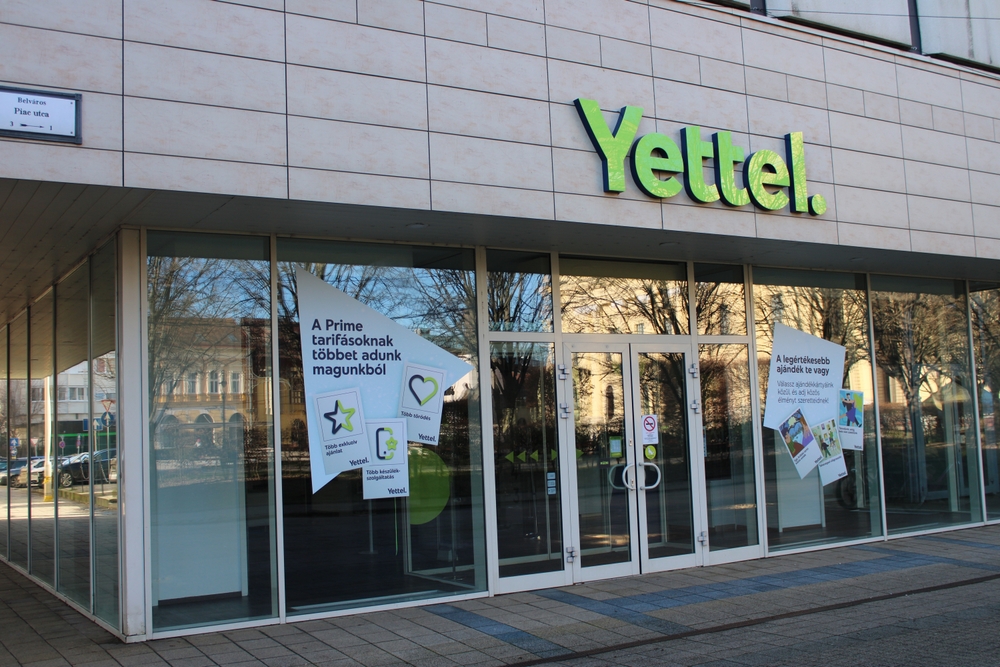Government submits 2018 budget bill to Parliament

Minister for National Economy Mihály Varga submitted the 2018 budget bill to Parliament yesterday, Hungarian news agency MTI reported. The final vote on the bill is expected on June 15, said House Speaker László Kövér.
The 2018 budget bill is one for "people who earn their living from work", Varga said. Its aims are unchanged from last year: achieving full employment and maintaining the pickup in economic growth.
The budget targets 4.3% GDP growth, up from 4.1% projected for 2017.
The budget allocates HUF 81 billion more for education, HUF 287 bln more for pensions and social services, HUF 83 bln more for the police and security and HUF 205 bln more for economic development, Varga said. It earmarks HUF 226 bln for home purchase subsidies for families, he added.
Deficit target 2.4% of GDP
The bill targets revenue of HUF 18.740 trillion and expenditures of HUF 20.101 tln, leaving a deficit of HUF 1.360 tln.
The deficit is higher than the HUF 1.166 tln gap targeted for 2017.
The 2018 deficit target as a percentage of GDP is 2.4%, calculated under European Union accounting rules.
Varga said the operating revenue and expenditures will balance out, while investments will create the deficit.
The budget targets a drop in state debt to HUF 28.358 tln on the last day of 2018, calculating with a HUF/EUR exchange rate of 309.3. As a percentage of GDP, state debt is set to decline to 69.5% from a targeted 71.4% at the end of 2017.
Corporate tax revenue to drop
The 2018 budget bill targets corporate tax revenue of HUF 362.6 bln, down 51% from the target in the 2017 budget. Revenue from the bank levy is set to fall 24% to HUF 50.4 bln next year. Revenue from the financial transactions duty is set to stagnate at HUF 204.7 bln.
The budget bill targets VAT revenue of HUF 3.090 tln, up 25% from the 2017 target. The VAT rates on catering, internet service and fish are all set to fall to 5% next year.
Revenue from excise tax is targeted at HUF 1.099 tln, 6% over the respective target for this year.
Personal income tax revenue is targeted at HUF 2.090 tln, almost 17% over the target for this year. Revenue from retail duties and fees is seen climbing by 22% to HUF 188.6 bln, according to the bill.
Revenue from kilometer-based commercial road tolls is 15% higher, at HUF 177.7 bln, in the 2018 budget bill.
Public sector payroll costs to climb
The bill shows higher spending on payroll in a number of budget chapters, in line with the governmentʼs plan to continue rolling out a career path model in the public sector.
János Lázár, who heads the Prime Ministerʼs Office, said earlier that some 556,000 public sector workers would get wage rises next year, lifting budget expenditures by HUF 906 bln. Salaries will rise 30-45%, he added.
The 2018 budget bill shows payroll costs of the Klebelsberg Center, which runs Hungaryʼs schools, are targeted at HUF 419.6 bln, 5% higher than the target for this year. Payroll costs at universities and colleges will rise 14% to HUF 222.3 bln and payroll costs for the Human Resource Ministryʼs social and child services is set to climb 18% to HUF 81.6 bln. Payroll costs of the National Tax and Customs Authority (NAV) will rise 28% to HUF 99.4 bln.
Wages in the private sector are also expected to climb next year, lifted by an agreement reached late in 2016 on raising the minimum wage. The agreement raised the minimum wage for unskilled workers by 15% and the wage for skilled workers by 25% from this year. The increase was paired with a 5-percentage-point drop in the payroll tax. Next year, the minimum wage is set to rise 8% for unskilled workers and 12% for skilled staff, while the payroll tax will fall by a further two percentage points.
Varga said earlier that gross wages could rise 8.8% next year, supporting a 4.6% increase in household consumption.
The budget billʼs allocation for the "Start" fostered work program, which the government is gradually winding down, is 31% lower at HUF 206.7 bln.
Debt servicing cost targeted at net HUF 960 bln
The bill puts net interest expenditures at an accrual-based HUF 960.2 bln next year.
The billʼs authors note that, according to the EU accounting rules, the government sector will still run a primary surplus equivalent to about 0.2% of GDP next year. The primary balance excludes interest expenditures
Budget reserves little changed
In the budget chapter on the Prime Ministerʼs Office, the bill sets aside reserves of HUF 110 bln for "extraordinary government measures" and puts HUF 60 bln in the National Protection Fund, unchanged from the allocations in this yearʼs budget. More than HUF 30 bln of "stability" reserves are also set aside in budget chapters which can be released in the last quarter of the year, if required.
The allocation in the chapter for a capital raise in the project company for the upgrade of the Paks nuclear power plant is HUF 106.7 bln, and HUF 150 bln is earmarked for developments in Hungaryʼs biggest cities under the Modern Cities program.
The bill shows a HUF 39.9 bln allocation for the preparation and implementation of the Liget Budapest Project, a sometimes controversial overhaul of the capitalʼs City Park area.
There is also a HUF 64.5 bln investment allocation for the National Olympic Center, 81% more than the allocation in this yearʼs budget.
SUPPORT THE BUDAPEST BUSINESS JOURNAL
Producing journalism that is worthy of the name is a costly business. For 27 years, the publishers, editors and reporters of the Budapest Business Journal have striven to bring you business news that works, information that you can trust, that is factual, accurate and presented without fear or favor.
Newspaper organizations across the globe have struggled to find a business model that allows them to continue to excel, without compromising their ability to perform. Most recently, some have experimented with the idea of involving their most important stakeholders, their readers.
We would like to offer that same opportunity to our readers. We would like to invite you to help us deliver the quality business journalism you require. Hit our Support the BBJ button and you can choose the how much and how often you send us your contributions.








